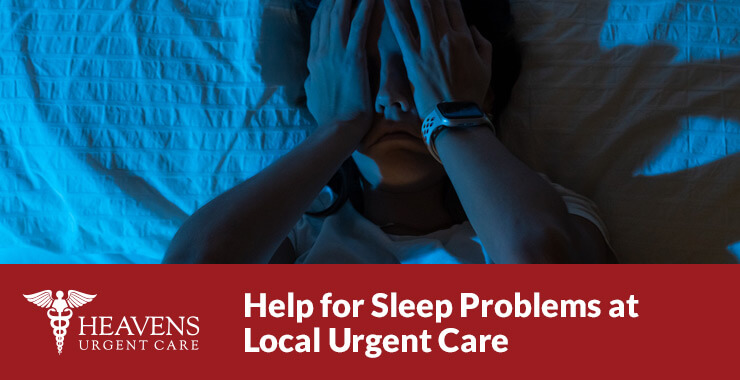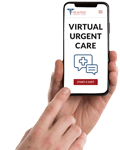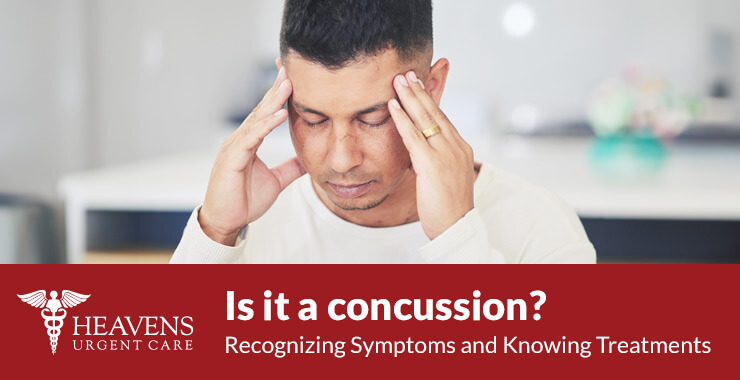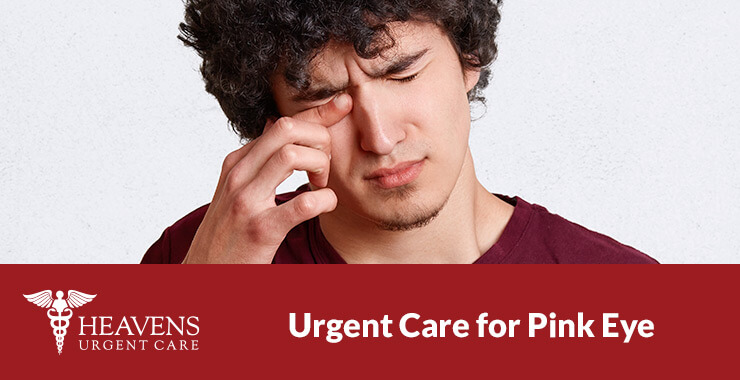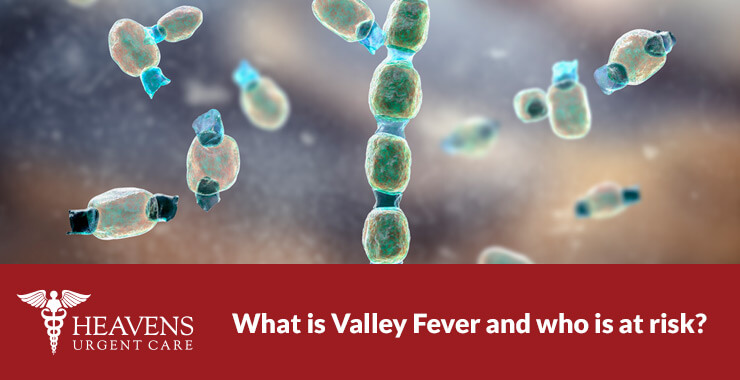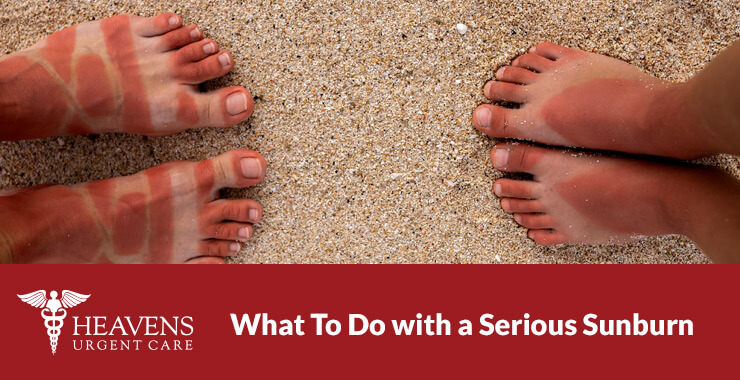Sacrificing sleep for work, school, entertainment, social activities, or Internet surfing/gaming are leaving too many people with anxiety, mood disorders, lack of energy, stroke, weight gain, and weakened immune systems1.
Sadly, more than 35% of American adults suffer from sleep deprivation or sleep problems and 10% have a true insomnia disorder. Then there’s the 40% of adults who reported that they have accidentally falling asleep during the day at least once in the last month.
Short-term or acute insomnia is defined as a person who has trouble falling asleep, staying asleep, or waking too early three or more nights.

About 1 out of 5 people have a diagnosis of insomnia at some time in their lives. Of those 1 out of 2 have long-term (chronic) insomnia, which looks like trouble sleeping at least three nights a week for three months or more. The Sleep Research Society found that people who get irregular or insufficient sleep has a 42% higher mortality risk compared to those who get regular, optimal sleep.Symptoms of short-term insomnia include not feeling well-rested after a night of sleep, daytime tiredness, irritability, and difficulty paying attention and recall. Usually, once a person gets a good night’s sleep, they can function normally.
Stages of Sleep
There are four stages of a healthy sleep cycle2. A person will typically go through four to six cycles every night. A person who fails to complete enough of the cycles and stages, too often end up with acute sleep debt.- Stage 1: Light Sleep for 1-7 minutes
- Stage 2: Light Sleep for 10-25 minutes
- Stage 3: Deep Sleep for 20-40 minutes
- Stage 4: REM (Rapid Eye Movement) for 10-60 minutes

Sleep Deprivation
A person who misses sleep for 24 hours, will likely feel fatigued and groggy. The CDC compares this to having a blood alcohol concentration of 0.10 percent3, which is higher than the legal limit to drive. Other symptoms of being up with no sleep for 24 hours include:- Anger/irritability
- Brain fog
- Decreased alertness
- Drowsiness
- Impaired concentration
- Reduced coordination
- Tremors
When to Seek Medical Attention
We recommend that you get help at an urgent care clinic if your insomnia or sleep deprivation are negatively impacting your quality of life. Contact Us for Virtual Care or Online Check-IN Depending on the severity of your insomnia, an office visit may include a physical exam, a review of your sleep habits and medications, a blood test, and a possible referral for a sleep study. We’ll also ask about your health history and symptoms, what your sleep environment is like, and your current stress levels. Treatment for insomnia often means changing your sleep habits and figuring out if there are any medical or mental concerns that could be leading to your sleep problems. If you’re suffering from short-term insomnia, one of our medical providers may temporarily prescribe sleeping pills that can help you get to sleep or stay asleep. There are also a few things that you can do at home to improve sleep, including:- Avoiding caffeine
- Staying physically active
- Limiting naps during the day
- Staying away from television and device screens right before bed
- Following a “same time” sleep schedule
- Getting 5-10 minutes of sunshine each day

